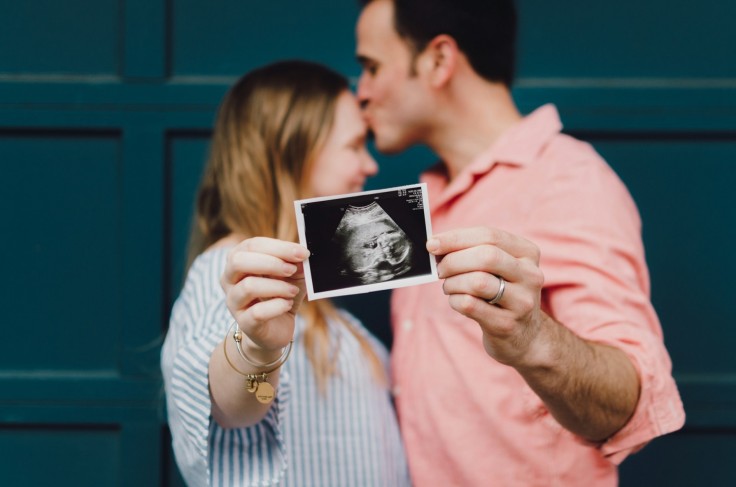
If you are attempting to conceive, it's important to be familiar with the early symptoms of gestation, as some manifestations can emerge just days after fertilization.
Common early signs include breast tenderness, cramping, vomiting, and tiredness. However, these manifestations can also mime those of premenstrual syndrome (PMS), resulting in possible confusion. Furthermore, gestation experiences can differ considerably from person to person.
While some may observe symptoms as early as a week before their anticipated period, others might not distinguish any changes for numerous weeks, which is perfectly natural.
Some women may not experience any gestation symptoms at all. If you notice any early symptoms of gestation, it is suggested to take a pregnancy test for verification and to further examine possible manifestations.
Early Pregnancy Symptoms
Breast Sensitivity
Breast tenderness is a typical early symptom of gestation, often leading to hormonal changes.
Cramping, Pelvic Discomfort, and Backaches
These signs, regularly confused for PMS, are caused by hormonal shifts and the uterus widening. Post-conception cramping may be due to fertilization when the fertilized egg attaches to the uterine wall.
Implantation Bleeding
Some females may encounter light vaginal spotting six to twelve days after fertilization, as the fertilized egg implants into the uterine lining. This spotting is usually lighter than menstrual bleeding. It's essential to report any bleeding to a doctor to rule out other concerns.
Fatigue
Substantial body changes in early gestation, such as heightened progesterone levels and a speedy heartbeat to supply more oxygen to the uterus, can result in fatigue. Controlling fatigue with prenatal vitamins, a balanced diet, sufficient hydration, and rest is suggested.
Darkened Areolas
Hormonal changes can make the nipples to darken. This change might be observed later in gestation by females with darker complexions.
Nausea
Mild vomiting or motion sickness can begin as soon as two weeks after fertilization, often becoming more regular in the first trimester.
Progesterone can slow metabolism, resulting in nausea, and heightened levels of human chorionic gonadotropin (hCG) can exacerbate it.
Bloating
Raised progesterone levels can slow metabolism, leading to bloating, which, unlike PMS-related bloating, continues beyond a missed period.
Frequent Urination
Regular urination can begin early in gestation due to the developing uterus pressing on the bladder and rising blood flow to the kidneys.
Food Cravings or Aversions
Hormonal changes might lead to yearnings for particular foods, specifically carbohydrates while making other formerly enjoyed foods unappetizing.
Vaginal Discharge
The formation of a mucus plug in the cervix to safeguard the baby from infections can result in heightened vaginal secretions, which should be monitored for symptoms of infection.
Other Symptoms Women May Experience
Constipation
Delayed metabolism due to gestation hormones can lead to constipation, which can be controlled with physical activity, hydration, and a high-fiber diet.
Mood Swings
Increased hCG levels can cause moodiness due to heightened fatigue and physical discomfort.
Bloody Noses, Congestion, and Postnasal Drip
Heightened blood volume and hormone-induced dilation of blood vessels can result in nasal manifestations.
Acne
Hormonal changes can lead to heightened acne, requiring caution in selecting safe acne medications during gestation.
Headaches
Higher blood volume can lead to mild tension headaches, which may also be caused by insufficient fluid intake or anemia.
Basal Body Temperature Plateau
Tracking basal body temperature can signify ovulation, with a sustained rise suggesting gestation. This needs a specialized digital basal thermometer for precision.
Related Article: Areola Darkening: Is This an Early Pregnancy Symptom?